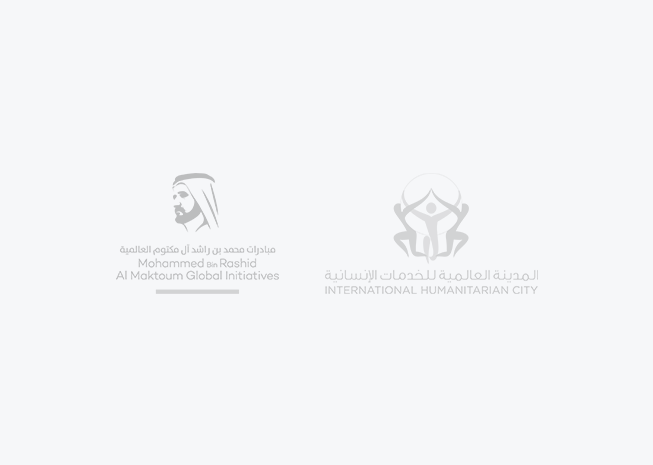
Dubai, 30 May 2016 – From the migrant crisis in Europe, to the earthquake in Nepal, the ability to communicate is essential to humanitarian emergency operations. World-leading satellite operators and integrators: Arabsat, EMC, Eutelsat, Hispasat, Inmarsat, Intelsat, SES, Thuraya and Yahsat are conducting technical training for humanitarian personnel starting in Dubai this week, to support the provision of communications to all those responding to emergencies including affected populations.
This course is the very first activity emanating from the Crisis Connectivity Charter, a set of commitments to enhance communications in times of crises, signed by the satellite operators and integrator community and the United Nations in October 2015. The Charter was established by the EMEA Satellite Operators’ Association (ESOA) and the Global VSAT Forum (GVF) with the support of the United Nations World Food Programme (WFP)-led Emergency Telecommunications Cluster (ETC), and the UN Office for the Coordination of Humanitarian Affairs.
Simon Gray, Vice President of Humanitarian Affairs at Eutelsat and Group Coordinator for the Crisis Connectivity Charter for ESOA and GVF: “The Charter aims to offer coordinated, end-to-end and fully redundant satellite communication solutions for the humanitarian community. However, to ensure it is effective, first responders must know how to set-up and operate the different types of equipment available. Satellite operators regularly carry out free-of-charge training, both first-hand and via online tools, as part of our commitment to improving emergency communications.”
The training seeks to provide ETC responders with the skills and experience to deploy, manage and support satellite solutions, facilitated through the Crisis Connectivity Charter, during humanitarian emergency operations.
Twelve attendees from the Fast IT and Telecommunications Emergency and Support Team (FITTEST), (the IT emergency response capacity of WFP) and ETC member Ericsson Response will participate in the course, along with twelve trainers. The training course will be held at the WFP warehouses in International Humanitarian City.
“Humanitarian emergency response is more effective when communities have the information and communications capacity they need to make informed decisions,” said Enrica Porcari, Chair of the ETC and WFP Chief Information Officer and Director of IT. “This training course is another step forward by the international satellite operator and integrator community to support the provision of communications in emergencies, helping affected communities to stay safe and protected, and supporting their leadership in a more accountable humanitarian response environment.”
The principle commitments of the Charter include:
Pre-planned, predictable and scalable satellite-based solutions, deployable within 24 hours of a disaster and adaptable to the unique nature of each operation
Satellite equipment prepositioned in Dubai at the UN Humanitarian Response Depot for deployment within 24 hours to disaster areas; transport within disaster areas; and importation and licensing Reserved bandwidth on interlinking satellite coverages, ensuring prioritization of humanitarian internet traffic
In-country capacity-building by charter signatories for the response community, including humanitarians, governments and national civil society
All provided at no cost to the humanitarian operation. Mazen Nassar, Installation Training Lead for the Middle East, GVF: “The Charter Signatories’ delivery of ETC training is an important step toward improved disaster preparedness, and it sets the stage for broader support from the satellite communications community. This has already become evident through the sponsorship of GVF training by Ultisat, a satellite solution provider that also seeks to help address humanitarian needs during and after disasters.”